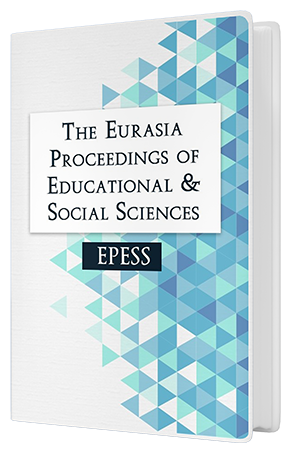STUDENTS’ ATTITUDES TOWARDS TECHNOLOGY EDUCATION IN FINLAND, ESTONIA AND ICELAND
Keywords:
attitudes towards technology, technology education, handicraft, pedagogical traditionsAbstract
This paper is based on a comparative study of craft and technology education curriculums and students’ attitudes towards craft and technology in Finland, Estonia and Iceland. The study was undertaken by the Helsinki University, University of Tallinn and University of Iceland in the year 2012. Even though, the origins of craft education in Finland, Estonia and Iceland have many similarities, the Estonian and Icelandic national curriculum place greater emphasis on design and innovation, whereas the Finnish national curriculum focus on the development of students’ personalities and gender issues. A quantitative survey was subsequently distributed to 493 school students in Finland, Estonia and Iceland. The questionnaire consisted of 14 questions, which aimed to ascertain students’ attitudes towards craft and technology. The survey showed substantial differences in students’ attitudes towards craft and technology education in the three countries. In addition, significant statistical differences were found between boys and girls. These differences may be explained by differences in the national curriculums and the different pedagogical traditions. However, these findings need to be examined further through research.Downloads
Published
Issue
Section
License
Copyright (c) 2014 The Eurasia Proceedings of Educational and Social Sciences

This work is licensed under a Creative Commons Attribution-NonCommercial-ShareAlike 4.0 International License.
The articles may be used for research, teaching, and private study purposes. Any substantial or systematic reproduction, redistribution, reselling, loan, sub-licensing, systematic supply, or distribution in any form to anyone is expressly forbidden. Authors alone are responsible for the contents of their articles. The journal owns the copyright of the articles. The publisher shall not be liable for any loss, actions, claims, proceedings, demand, or costs or damages whatsoever or howsoever caused arising directly or indirectly in connection with or arising out of the use of the research material. All authors are requested to disclose any actual or potential conflict of interest including any financial, personal or other relationships with other people or organizations regarding the submitted work.




